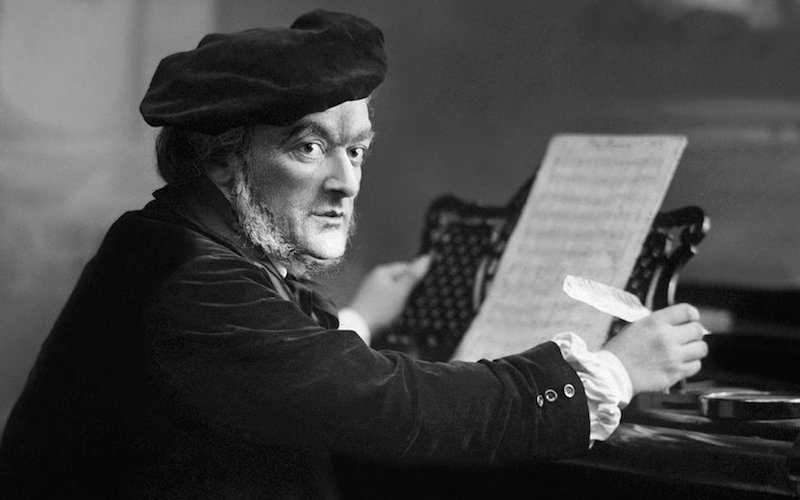Wagner
Episode #6 of the course “Famous classical music composers”
19th-century German composer Richard Wagner is known not only for his intricate and complex compositions but also for his nationalist associations and the politics of his music. Utilizing texture, he orchestrated pieces that combined all the aspects of a theatrical production into one sensory artistic experience. Using music to enhance the drama, Wagner’s operas play with tone and chromatism; as he wrote the music and wording for the majority of his operas, he was able to have all aspects of the drama influence each other in ways other composers did not. Often considered the father or founder of modern music, he is also known for his written political and dramatic commentaries.
Although Wagner’s style developed throughout his career, he consistently made use of the inspiration he found in German folk music, classical orchestral arrangement and musical structure, and harmonizing dissonant notes. Wagner pushed boundaries of harmony to the point where many felt that he “shattered” them. His opera Tristan and Isolde experimented with tone and polyphony in important ways that later impacted the Symbolist movement. The play was so difficult to stage it was at first thought unperformable, and once it was performed, the stress of singing the roles was so great that performers suffered physically and mentally because of it. It was, however, highly successful, and both critics and the popular theatergoers praised its score.
Wagner believed that a harmony should exist among all the elements of the opera, and his ideas were most fully demonstrated in his opera cycle Der Ring des Nibelungen. A stage festival play spread over three days, there are actually four operas that make up this grand performance: Das Rheingold, Die Walkure, Siegfried, and Gotterdammerung. Although Wagner intended them to be performed together, due to their total performance time of over 15 hours, they are generally separated for performance today.
Share with friends

